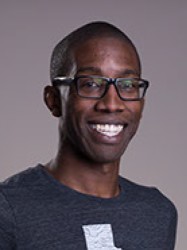BibTex format
@article{Dowey:2023:10.31223/x5793t,
author = {Dowey, N and Giles, S and Jackson, C and Williams, R and Fernando, B and Lawrence, A and Raji, M and Barclay, J and Brotherson, L and Childs, E and Houghton, J and Khatwa, A and Mills, K and Newton, A and Rockey, F and Rogers, S and Souch, C},
doi = {10.31223/x5793t},
title = {The Equator Project},
url = {http://dx.doi.org/10.31223/x5793t},
year = {2023}
}

